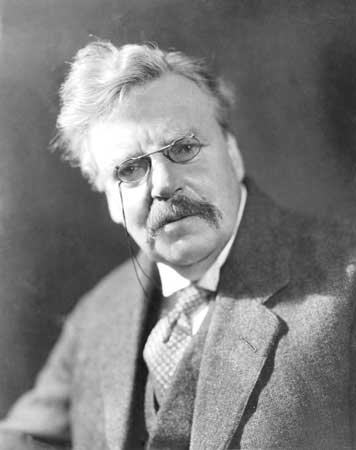Home Tonight:
Further Reflections on the Parable of the Prodigal Son
Henri J.M. Nouwen
Doubleday, 2009
This book, the text of which is written by Henri J.M. Nouwen, is the follow up to what is commonly known as his masterpiece, "The Return of the Prodigal Son...A Story of a Homecoming. In both books, Nouwen is fascinatingly open about his journey with the Lord, and particularly about his coming to the Lord through the experience he had with Rembrant's depiction of the return of the prodigal son.
The reflections which are contained in this book are originally from a series of talks which he gave at a conference late in his life. The text of these talks was preserved through some not professional recordings as well as his notes, and some editors did their best to put it together as the best possible reflection of the heart of the man who shares his story of learning what it means to truly come home. All in all, I would say, these editors have done a fantastic job of putting together Nouwen's story in a way that is easy to read, convicting, and very much in line with profound wisdom with which he wrote and, I would venture to say, spoke.
In this particular book, Nouwen takes us on a three-part journey: "Leaving and Returning Home," "The Invisible Exile of Resentment," and "Home is Receiving Love and Giving Love." These three parts, as you might guess if you know the story of the Prodigal Son (found in Luke's Gospel, Chapter 15), follow the three main characters of the story: the son who left home and returned, the older son who stayed, and the father who loved them both. For Henri, these three characters are all typical of parts of his own spiritual journey, and he shows us how they are probably typical of ours as well. With this setup, the book is easy to read; each chapter (about 3 per section) contains his reflections as well as guidance on a time of listening, a time of journaling, and a time of 'communing.' Finally, each chapter ends with "A Wisdom Practice for those on a Spiritual Journey."
With this layout, the book reads much more like a prayer than anything else. You read one man's story, but always do so in the context of the story of the Prodigal Son and the way that the Lord might want to speak to you through that. You can fly through this book, but you would miss the chance to stop and to pray with the things he reflects on and says. While his language and way of talking about God might be different than many of ours (for me it absolutely was), what he has to say is worth taking the time to read and to pray through.
Throughout his book, I think Nouwen has a theme which is expressed in this quote from the book: "Coming home is claiming the truth. I am the beloved child of a loving Creator. We no longer have to beg for permission from the world to exist" (pp. 38-39). This, I think, is the central theme: despite what lies we may have believed, despite what pain we may have felt or may currently feel, despite whatever way we have physically, mentally, emotionally, or spiritually "left home" or turned away from our Creator, our journey is all about claiming the Truth that we are made out of Love by the One who loves with an infinite love. Whether, like the youngest son, we have "squandered our inheritance" through sin, or, like the older son, we've done so by thinking we can somehow earn our inheritance or comparing ourselves to others, the whole journey is learning how to claim that identity as a Son of the Creator, and to give that love back to those we encounter just as the Father did in this story.
Whether we realize it or not, we can probably relate to the experience of at least one of the people in the Gospel story, as well as to the experience of Nouwen living out that story in his own life. If you are on the journey of reclaiming your identity as a Son or a Daughter, your journey of realizing that you are loved by One who will never forsake or abandon you, this book could be a great tool along that path. Like I said, some of Nouwen's language and understanding of God differ from the way that I would state things, and yet it was all easy enough to move past to allow him to help me understand a little better the truth of my sonship, allowing me to continue on my path of coming home.
If you want to find out more about this book, you can get more info at Image Books' website here, as well as follow these links for Chapter One or the Author's Bio.
"I received this book for free from WaterBrook Multnomah Publishing Group for this review as a part of their blogging for books program; you can learn more about this by visiting the program's website here Blogging for Books."










